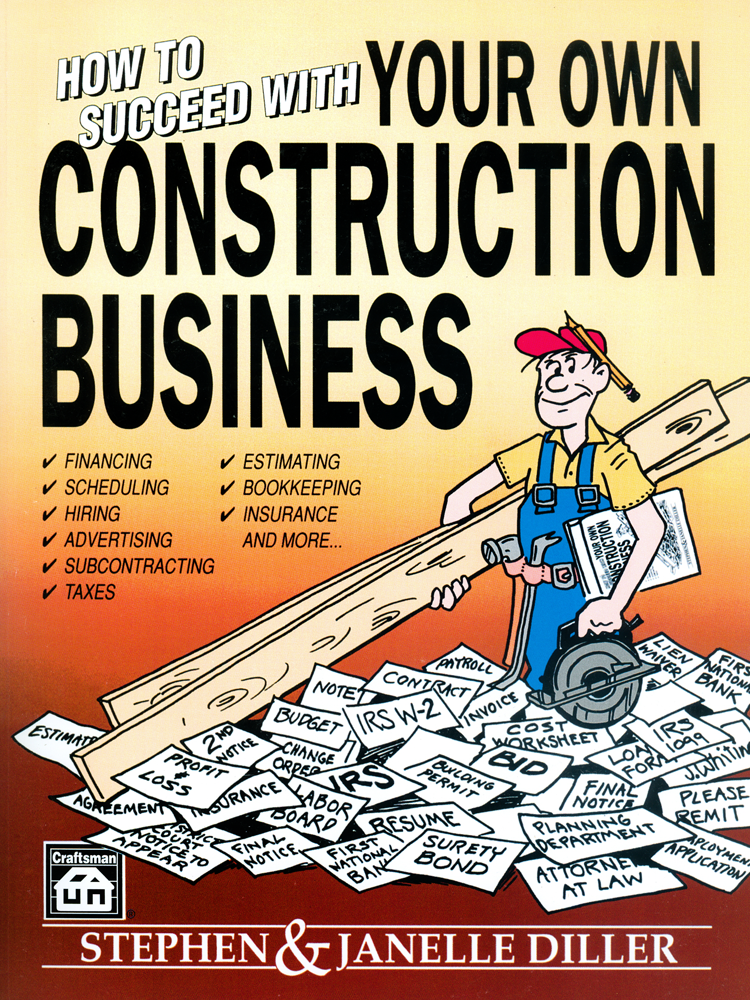Dealing With a Family Succession Plan




Runninga small business is stressful. Dealing with family is emotional. Mix family and business together and you obviously have an emotionally charged combination. I am no family business expert but since 90 percent of the businesses we deal with are family businesses, I would be remiss not to share our consulting experiences.
Parenting is a challenge. There were no directions when my kids fell out of the womb. We had to figure it out as we went along. I am lucky to have two great daughters and four wonderful grandchildren, but I do wonder if it was my blundering attempt at parenthood or blind luck that built this success. Some parents are too hard on their kids, others too lenient. Some kids are hard workers, others enabled and codependent. The problem is that enabled employees — whether they are kids or not — are just, well, bad employees. A good employee, whether he or she is our child or not, expects to be promoted and make more money. So here is the problem: high-performing kid or low-performing kid, what to do?
Low Performers
A low-performing employee is the toughest situation and the hardest to deal with. Whether the employee is your child or a non-relative employee, the results are the same. Here are some guidelines:
• The sibling must follow the rules like everyone else. If you have a rule that says if you are late three times you will be terminated, they are subject to it. Family members do not have diplomatic immunity and should be subject to the same penalties as everyone else.
• Do the math. Having a million-dollar-a-year business with three children working in it is probably not a realistic goal. Be realistic about how many families the business can support.
• Ask yourself this question: If this person were not my child, would I fire them? If the answer is yes, you are doing no one a favor by not terminating them. When you are dead and gone, the last thing you want is to have them be 50 years of age and they have no job.
• An employee development plan must be worked out. Lay out a series of goals and sequence the steps and skills they need to reach the desired level. Keep it simple; if the goal requires more than five steps, break it into two goals.
• Don’t be disillusioned about the realities of whether they will be able to take over the business one day. If they are mostly an office jockey and have little technical knowledge, it is not going to work. If they are a glorified foreman and have no desire to learn the business side of the business, this also will not work. Start small and move towards minimum standards of skill in all business areas.
• Never leave two siblings in the business with the illusion they are going to run the place one day and their tasks are not of equal value. Generally speaking, value in contracting is built through production and sales activities. Having a bookkeeper role for one sibling role and the other being a sales/project manager is a formula for disaster.
• Understand that as kids mature, so do their lives. Two brothers may get along great now but add a couple of wives with different expectations and family cultures and you have a much more complicated scenario.
High Performers
I am seeing more and more trends where relatively young owners and young high-performing children are creating another issue. Mom and dad have worked hard for 25 years and want to do a lot less and the sibling is literally running the business, but the parents are unrealistic about the situation. Parents must deal objectively with the value of the business and their divine rights. A small business is not a kingdom in which royalty has unlimited privileges. Here are some guidelines in this regard:
• Upwardly mobile performers expect to have a place to go. Holding them back will disillusion them. However, you must also make them responsible for collecting money and funding the business. They have to understand and deal with the risk. As founders age, they want to protect what they have and siblings want to create their own identity, and these two ways of thinking will naturally create conflict.
• If you are 54 and your child is 34, you may have a math problem. With a life expectancy of 80, telling your child he or she will inherit it all one day is not a realistic strategy.
• A high-performing child has to be treated more like a partner and less like a child. They have to gradually be brought into business decisions, see all the money, be responsible for finances and paid accordingly. As we age, we naturally want to work fewer hours and reap the benefits of our years of hard work, but things have to be put into perspective.
• IRS and other tax rulings are complicated. Never create a situation where a child helps build the business and he or she must then buy from you what they helped create. Again, if they are building the business, you have to start with a valuation process that is taken from a realistic specific point in time that is fair. Don’t have your son or daughter work hard and drive the business from $1 million to $3 million in sales and triple the profits and then say, “OK, now you can buy this.”
What, as parents, can you do to help family businesses continue while protecting the harmony of the family? Live a responsible financial life. Save for retirement and build personal equity. I have seen cases where parents spent $200,000 to send kids to college but are broke themselves. How is it going to help your kids if you are flat broke at age 55 with no retirement plan? Early on, seek advice from a competent estate and/or financial planner and make sure you have a broad understanding of what is required.
Looking for a reprint of this article?
From high-res PDFs to custom plaques, order your copy today!








